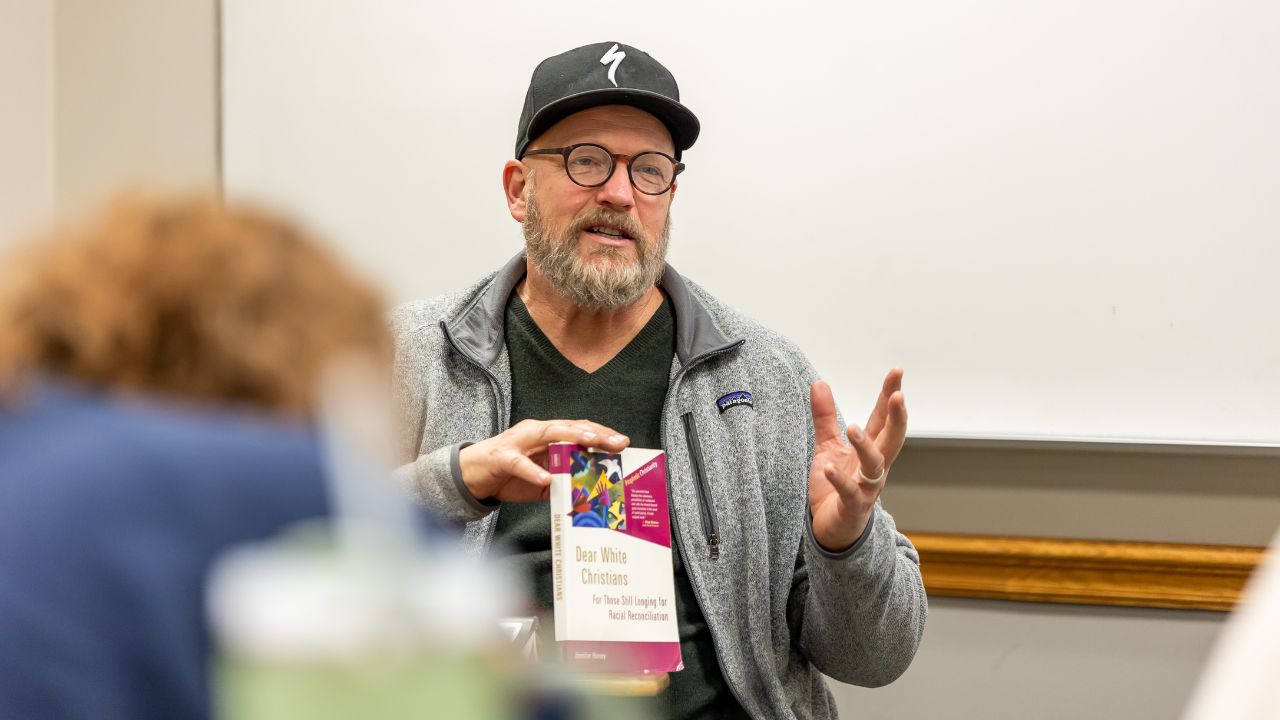
The health care field is bursting with opportunity. If you're eager to make your mark, you'll first need to determine how you'll enter this diverse industry. This means not only narrowing your focus to a particular position, but also determining which degree program can best prepare you for success.
Unfortunately, today's many available health care careers and training programs can be difficult to navigate. These complications are especially notable for enrolling college students who remain unsure of their long-term career plans. Two of the most popular and, often, most confusing areas of opportunity? Nursing and allied health care.
Choosing between these options can prove surprisingly difficult, as they offer many similar advantages. Before you proceed, it helps to know what, exactly, allied health is—and which career opportunities will become available if you seek related training in college.
What Is Allied Health?
Ask ten different allied health professionals what, exactly, their career involves, and you'll receive ten radically different answers. This versatility is at the heart of what makes the field both compelling and difficult to understand.
The effort to define allied health care goes back several decades. In the late 70s, for example, the National Commission on Allied Health Education struggled to reach a consensus when developing a definition. The commission finally settled on the following: "All health personnel working toward the common goal of providing the best possible service in patient care and health promotion."
A later definition provided by the American Medical Association's Committee on Allied Health Education and Accreditation referenced "a large cluster of health care-related professions and personnel whose functions include assisting, facilitating, or complementing the work of physicians and other specialists in the health care system, and who choose to be identified as allied health personnel."
The most recent and relevant definition arguably is contained within the Patient Protection and Affordable Care Act (PPACA) which highlights allied health care professionals as working within facilities that provide an array of medical services. PPACA's definition of allied health care also points to the need for an "allied health professions degree or certificate from an institution of higher education."
While conventional definitions of allied health neglect to draw hard boundaries, the field offers, as the above resources suggest, diverse opportunities for promoting patient health and wellness. Some estimates indicate that allied health professionals account for over half of all health care workers.
Depending on the setting and situation, allied health can encompass:
- Diagnostics
- Imaging
- Dental hygiene
- Physical and occupational therapy
- Communication Disorders/Speech Pathology
- Counseling
- Community health education
- Health care administration
How Do Allied Health and Nursing Differ?
Allied health and nursing hold a few basic similarities, including, most importantly, a passion for delivering strong outcomes among patients. Both professions draw on evidence-based practices while also emphasizing compassionate care. A few key differences set these fields apart, however, including:
Variety
While those with their BSN can potentially gain work in multiple areas of health care, the vast number ultimately work as RNs or in nursing leadership positions. With allied health, however, it's possible to parlay a degree into a wide variety of career fields. Most allied health graduates eventually select a specific track to focus on, with many ultimately narrowing the scope of their training by attending graduate school.
Beyond job title, the versatility of allied health care extends to various settings. While RN jobs are available in many facilities, most nurses work in clinics or hospitals. Allied health extends further to include not only these settings, but also schools, corporate offices, nursing homes, community centers and more.
Niche Practice
Many BSN graduates take on the general role of registered nurse. Specialties such as OB/GYN nurse and oncology nurse exist, but specialization is more of an option than a necessity. Conversely, allied health graduates nearly always take on a specific position after graduation. They may hold degrees that include the label "allied health," but their ultimate job placement rarely includes this designation. Rather, an allied health graduate may take on the job title of optometrist, pharmacist, community health educator, and so on.
Education
Beyond available job titles, allied health differs from nursing in terms of training and education. Aspiring nurses typically earn either their Associate in Nursing or their Bachelor of Science in Nursing—or both. These degree programs thoroughly prepare future RNs for one of the biggest hurdles on the path to a successful career: the NCLEX. Established by the National Council of State Boards of Nursing, this important exam conveys competence in nursing.
Aspiring allied health care professionals can take on a variety of degree programs in hopes of eventually transitioning into a desired niche. Many opt for pre-professional tracks within a broader biology program. This approach allows them to develop core skills and apply them to specific areas of interest. Upon completing such programs, students often transition into graduate school.
Examples of pre-professional programs of value to future allied health care workers include:
- Pre-Physical Therapy
- Pre-Physician Assistant
- Pre-Dental
- Pre-Pharmacy
- Medical Technology
- Biomedical Research
- Communication Disorders
Top Options for Pursuing Health Care Education at Geneva College
Whether you ultimately opt for allied health care or nursing, you can find the high-quality training you need at Geneva College. We offer multiple options suited to aspiring health care professionals. For example, students who pursue our Bachelor of Science in Biology build the core knowledge and skills needed to succeed in a variety of health care professions.
If you'd like to enter the health care field as a registered nurse, look to Geneva's four-year Bachelor of Science in Nursing. This program is carried out in cooperation with the Community College of Beaver County (CCBC). This approach will equip you with multiple nursing-oriented degrees while also preparing you for the national licensure exam (NCLEX-RN).
No matter how you intend to serve within the health care industry, high-quality training will help you make a difference where it matters most. Your hard work as a nursing or allied health care student can prepare you for an impactful and highly rewarding career.
If you’d like to learn more about professions that enable you to serve wholeheartedly and faithfully in your life’s work or want to learn more about a biblically-based, Christ-centered education at Geneva, we’d love to chat with you. For more information on how Geneva College can help you pursue your education goals, please phone us at 855-979-5563 or email admissions@geneva.edu.Opinions expressed in the Geneva Blog are those of its contributors and do not necessarily represent the opinions or official position of the College. The Geneva Blog is a place for faculty and contributing writers to express points of view, academic insights, and contribute to national conversations to spark thought, conversation, and the pursuit of truth, in line with our philosophy as a Christian, liberal arts institution.
Aug 24, 2020Program SpotlightRelated Blog Posts
Request Information
Learn more about Geneva College.
Have questions? Call us at 724-847-6505.











 Online Course Login
Online Course Login